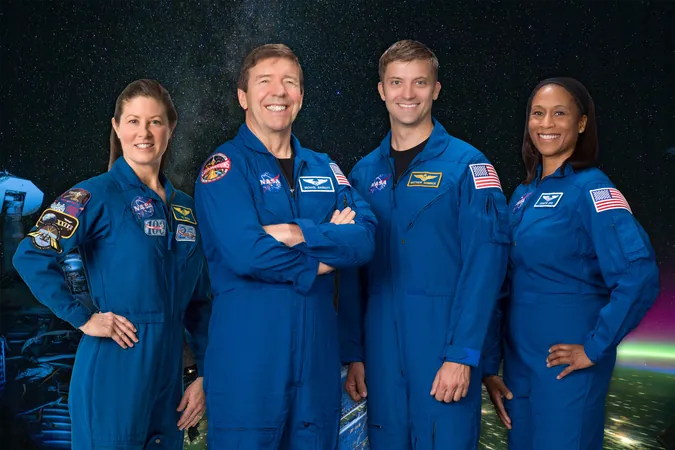
NASA Welcomes Expedition 71 Astronauts Home with Insights Into Groundbreaking Space Mission
2024-12-02
Author: Noah
NASA Welcomes Expedition 71 Astronauts Home
In an exciting event set for December 4, 2024, NASA will host a welcome home ceremony for the heroic crew of Expedition 71 at Space Center Houston. This celebration marks the remarkable return of four NASA astronauts from their impressive mission aboard the International Space Station (ISS).
The astronauts—Matthew Dominick, Mike Barratt, Jeanette Epps, and Tracy C. Dyson—will take center stage starting at 6 p.m. CST, sharing their extraordinary experiences, challenges faced, and high points from their almost eight-month endeavor in the cosmos. Attendees will not only glean fascinating insights but will also witness an awards ceremony honoring the dedicated individuals who played pivotal roles in ensuring mission success.
Before the public event, media representatives will have the exclusive opportunity to interview the astronauts at 5 p.m. Interested outlets must request in-person interviews by the deadline of 5 p.m. on December 3.
Highlights from Expedition 71
The Expedition 71 mission, part of NASA’s SpaceX Crew-8 initiative, began its journey in March 2024. Over 235 days, the astronauts traveled an astonishing 100 million miles, completing 3,760 orbits around Earth before safely splashing down off the coast of Pensacola, Florida, on October 25, 2024. For Dominick and Epps, this mission marked their thrilling first venture into space, while Barratt added to his impressive tally—his third spaceflight that now totals an extraordinary 447 days in orbit.
In an international collaboration, Tracy C. Dyson launched aboard the Soyuz MS-25, contributing to the success of the six-month research mission as an Expedition 70/71 flight engineer. During this time, Dyson recorded 373 days in space, engaged in four spacewalks that totaled over 23 hours, and traversed 2,944 orbits of the Earth.
Innovative Research and Experiments
While onboard the ISS, the Expedition 71 crew worked diligently on hundreds of innovative technology demonstrations and experiments that have the potential to revolutionize both space exploration and healthcare on Earth. Among their notable projects was the bioprinting of human tissues in microgravity—a groundbreaking endeavor that could significantly impact the future development of organs and tissues for transplant applications.
Moreover, the team studied neurological organoids created from patient-derived stem cells. This research aims to investigate neuroinflammation, a common factor in neurodegenerative diseases like Parkinson's. The findings gleaned from these experiments could provide crucial insights into how long-duration spaceflight affects brain health and contribute to our understanding of these complex conditions.
Stay Engaged with Space Innovation
Stay updated on all developments aboard the ISS by following NASA's space station activities on social media: @space_station and @ISS_Research on X, plus their official Facebook and Instagram accounts. The captivating world of aerospace research is continuously evolving, and the contributions of missions like Expedition 71 play a vital role in shaping our understanding of both space and our own planet's health.
As the world awaits this momentous event, the achievements of Expedition 71 remind us of the vital exploration taking place beyond our atmosphere and the exciting prospects that lie ahead in space science!
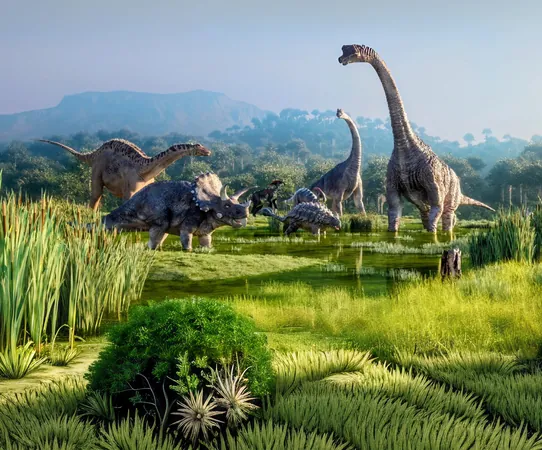
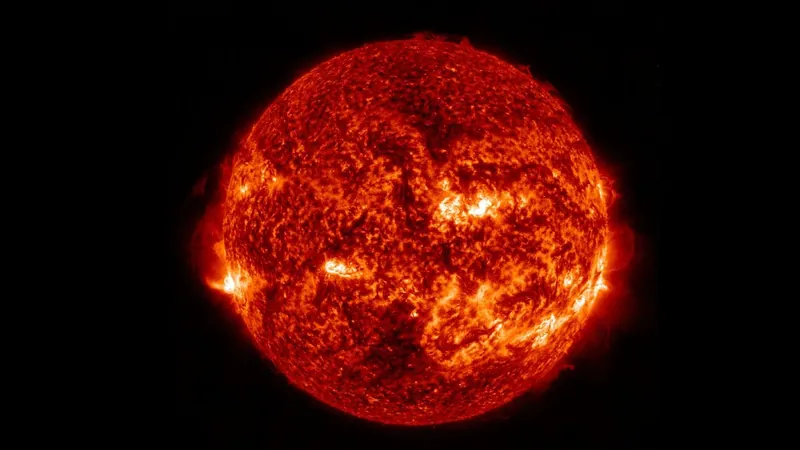


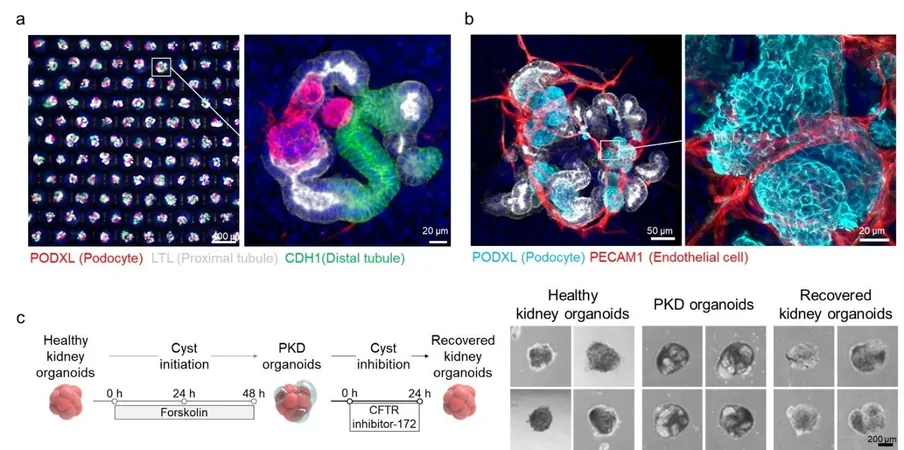



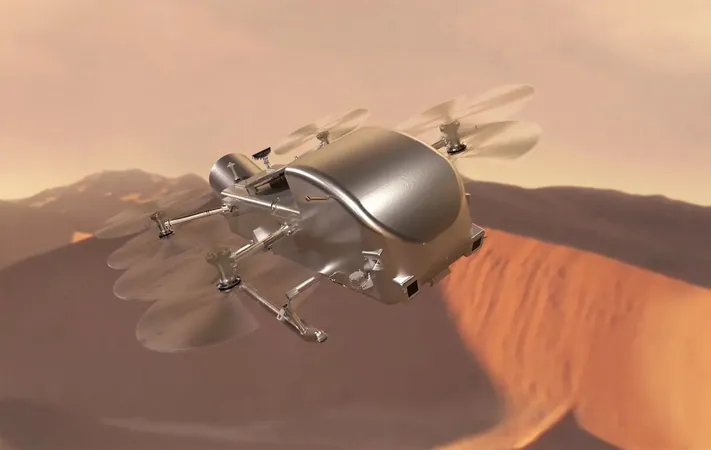
 Brasil (PT)
Brasil (PT)
 Canada (EN)
Canada (EN)
 Chile (ES)
Chile (ES)
 España (ES)
España (ES)
 France (FR)
France (FR)
 Hong Kong (EN)
Hong Kong (EN)
 Italia (IT)
Italia (IT)
 日本 (JA)
日本 (JA)
 Magyarország (HU)
Magyarország (HU)
 Norge (NO)
Norge (NO)
 Polska (PL)
Polska (PL)
 Schweiz (DE)
Schweiz (DE)
 Singapore (EN)
Singapore (EN)
 Sverige (SV)
Sverige (SV)
 Suomi (FI)
Suomi (FI)
 Türkiye (TR)
Türkiye (TR)